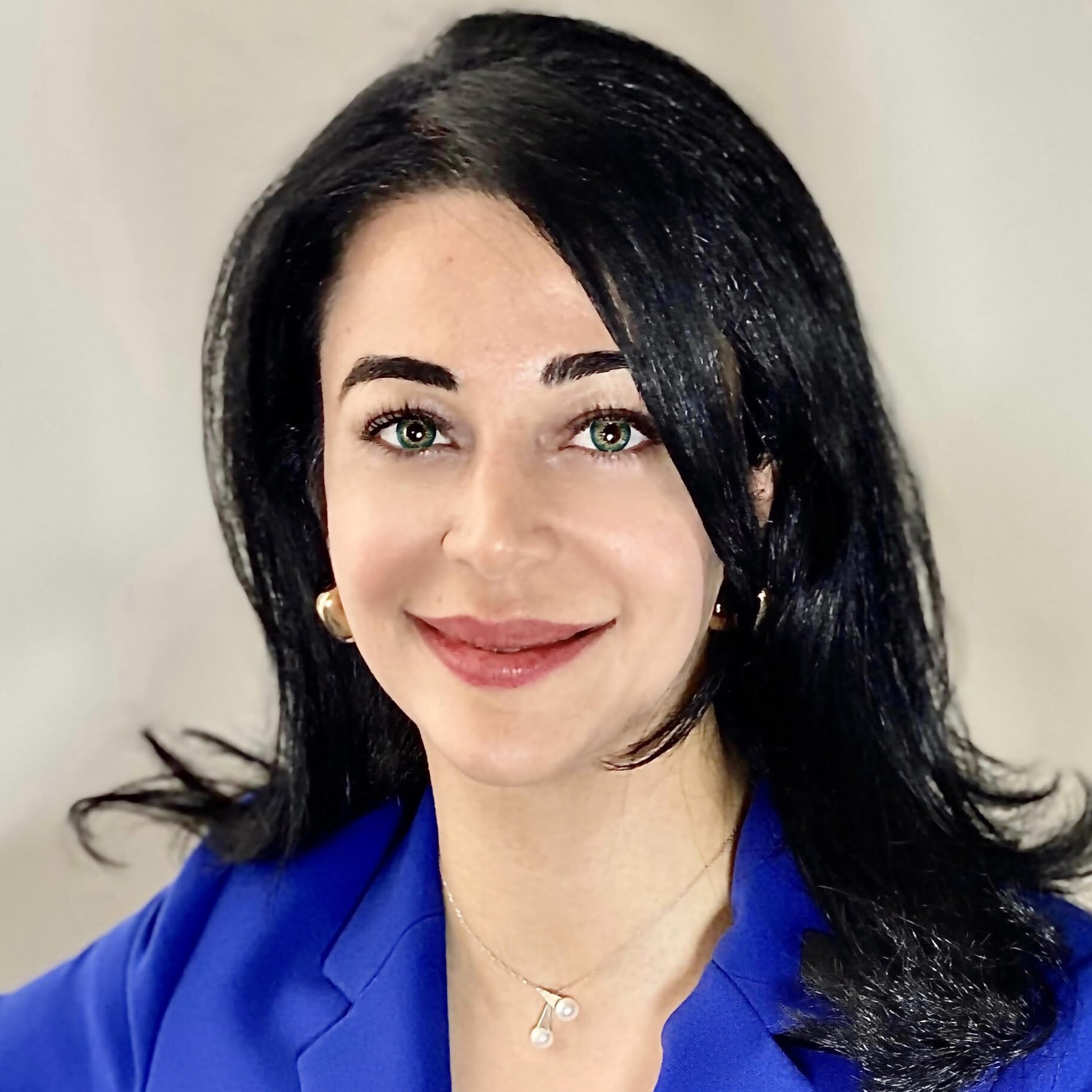Recent footage of Afghan refugees trying to escape from Afghanistan’s Taliban and trying to cross the Iran border into Turkey reminded me of the words of Zygmunt Bauman. The world-renowned sociologist passed away in 2017, aged 91. The University of Leeds, where Bauman taught for 20 years (1971-91), named an institute in his honour. He was a prolific writer on a variety of subjects, including but not limited to the Holocaust, modernity, and refugee crises.

Afghan, Pakistani and Bangladeshi irregular migrants are seen at the Turkey-Iran border on July 27, 2021 [Mesut Varol/Anadolu Agency]
Why did this remind me of Bauman? He explained, in a somewhat counterintuitive manner, that modernity actually needs these refugees. He told Al Jazeera that if there were no migrants they would have to be invented because they are so useful to politicians.
Bauman meant that refugees are the seemingly controllable problem when compared with other global problems like climate change. However, the people he called migrants — refugees — can also be used as part of a political game to gain votes, manipulate public opinion, and foster fear or cultivate political support, depending on the views of the voter base.
The sociologist described a fear of refugees such as that which exists in Europe or that of the Turkish mayor cited above, as “liquid fear”. This, he said, “means fear flowing on our own court, not staying in one place but diffuse. And the trouble with liquid fear, unlike the concrete specific danger which you know and are familiar with, is that you don’t know from where it will strike.”
READ: Turkey opposition leader offers Austria $3.6bn to house all Afghan refugees
In this context, will fear and the new Afghan influx prompt the EU to consider renewing the refugee agreement it signed with Turkey in 2016? That agreement was a response to the tens of thousands of migrants crossing the Aegean Sea and arriving on the Greek Islands, or drowning en route, in 2015. According to the deal, migrants who made the crossing to Greece would be sent straight back to Turkey, where Syrian nationals are given temporary protection status. A key aspect of the deal was an exchange arrangement, whereby for every Syrian who was “inadmissible” (not allowed to seek asylum in the EU) and forced to go back to Turkey, one Syrian from Turkey would be allowed to go to Europe and apply for asylum. The return process, however, has been on hold since March 2020, when Turkey cited difficulties caused by the emergence of the coronavirus pandemic.
According to Greek Migration Minister Notis Mitarakis, Turkey has been refusing to cooperate for 17 months, even though Covid-19 testing could be used in the repatriation process. However, Turkey said that the dynamics have changed since the signing of the 2016 agreement. “The needs are different,” said a presidential spokesman last month. “The educational and medical needs, for example, have become more prominent.” He pointed out that the issue is not just about putting in some additional money. “It’s a matter of addressing this issue in a humane way, in a way that will end the conflict, address the root cause of this problem. And for the international community, primarily the EU, the US, all of us to take a more resilient, more proactive, effective position to address this issue.”
According to the UN refugee agency UNHCR, there are four million refugees, mostly Syrians, in Turkey. An estimated 200,000 Afghans make up the second-largest group. UNHCR says that nearly 300,000 people have been displaced inside Afghanistan since January and the withdrawal of NATO troops. The number is growing. Afghanistan’s President Ashraf Ghani blames the rapid withdrawal of western forces for the increase in Taliban offensives in parts of the country. Afghanistan expert Abdul Waris told MEMO last week that the Taliban resurgence has advanced rapidly with increased violence.
There are now growing fears in Turkey that this latest influx of refugees will put pressure on the EU agreement. With Turkey’s opposition parties trying to gain ground in time for the next election by using anti-refugee rhetoric, President Recep Tayyip Erdogan himself may demand changes to the refugee deal. The leader of the Republican People’s Party, Kemal Kilicdaroglu, tweeted on 18 July a “call to the world” in which he insisted that no one could declare his country to be “an open prison for refugees”.
Meanwhile, the Foreign Ministry in Ankara said: “Turkey will not take a new wave of migration. Turkey will not be a border guard or a refugee camp for the EU.” This was after Austrian Chancellor Sebastian Kurz remarked that “states like Turkey… are definitely a better place [for refugees] than Austria, Germany or Sweden.”
READ: Turkey probes mayor’s anti-refugee sentiments
Given the EU support for the Greek government in its East Mediterranean rift with Turkey, the relationship between Brussels and Ankara is more strained than it was in 2016. While Erdogan is vowing not to deport Syrian refugees, he is under pressure and threatened with lost votes. Anti-Syrian sentiments in Turkey have been historically high in recent years, so Erdogan might face a difficult election campaign in the run-up to 2023.
As things stand, Bauman’s observation about refugees is set to influence the future of Turkey-EU relations. The crisis is neither imaginary nor invented; it is real. The future of many politicians in the EU as well as Turkey is now in the balance. Their political survival depends on how they deal with this new influx of refugees.
The views expressed in this article belong to the author and do not necessarily reflect the editorial policy of Middle East Monitor.


![Afghan, Pakistani and Bangladeshi irregular migrants are seen at the Turkey-Iran border on July 27, 2021 [Mesut Varol/Anadolu Agency]](https://i0.wp.com/www.middleeastmonitor.com/wp-content/uploads/2021/08/20210728_2_49369305_67395416-scaled-e1628001979816.jpg?fit=1200%2C800&ssl=1)









